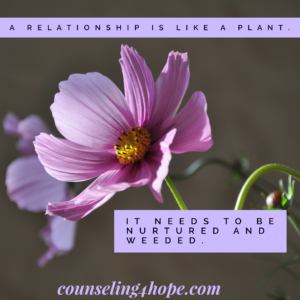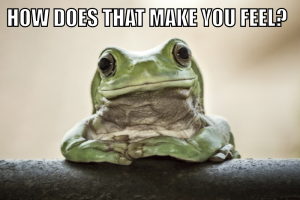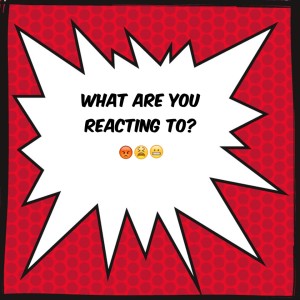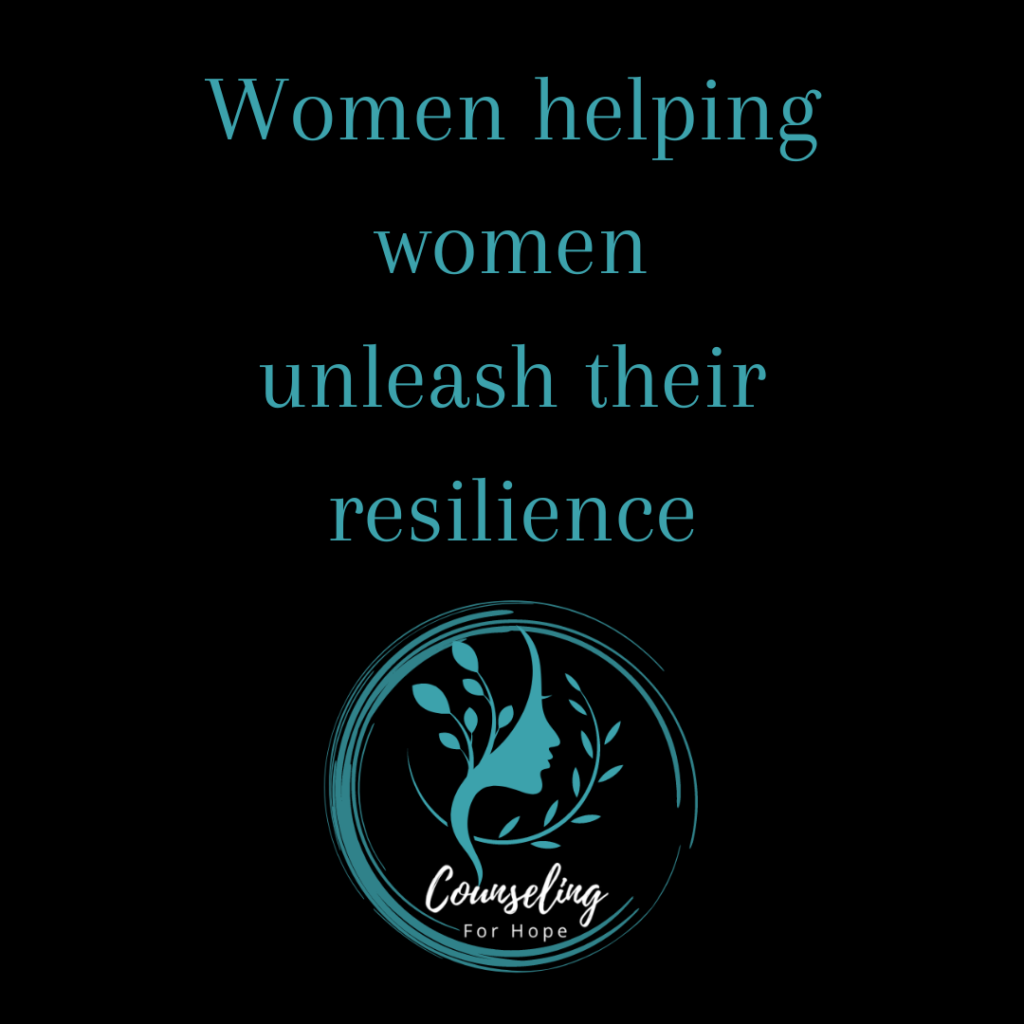 We all want be heard, seen, valued, and understood for who we really are. We desire unconditional love and acceptance. This isn’t debatable. We all recognize this desire, right? Isn’t this behind all the fairy tale romance stories and the cry for tolerance? See me, know me, love me, warts and all.
We all want be heard, seen, valued, and understood for who we really are. We desire unconditional love and acceptance. This isn’t debatable. We all recognize this desire, right? Isn’t this behind all the fairy tale romance stories and the cry for tolerance? See me, know me, love me, warts and all.
Maybe we focus so much on being understood that we forget to really understand those we love. Enter our children. Did you know they have that drive too? Kids need to be fully known, loved and accepted first by their parents. I’ve sat with people who did not experience this in their childhood and are dealing with the impacts this has left on them. The opposite of being understood is rejection. If a child doesn’t feel fully understood and accepted first at home, they may be sensitive to rejection in the future.
Now, I know we are put on this earth to guide, teach, train, and discipline our kids. Yet, I think sometimes we focus only on the externals and we miss what is going on in their heads and hearts. We miss their insecurities or their fears. Our kids are more than grades, athletic accomplishments, or artistic performances. They are more than their behavior.
We all want be heard, seen, valued, and understood for who we really are. Share on X Maybe we focus so much on being understood that we forget to really understand those we love. Share on XIf their behavior is rebellious, ugly, or emotional, they may be struggling in a way that they don’t feel safe to share with you.
If their behavior is always good, they may be attaching their identity to never making a mistake and this is a recipe for anxiety.
Behavior is just one component of personality. We are physical, mental, emotional, relational, and spiritual beings. Behavior is the physical domain. It seems to me that as parents we focus a lot on that aspect of our children and less on the mental, emotional, or spiritual domains. Why is that? Well it’s much easier, right? But I know you want to raise a child who is confident in all areas of who they are, not just that demonstrates good behavior. And what if, by seeking to understand them in all areas you have an impact on their behavior.
I have witnessed many kids who have great behavior but are stressed and overwhelmed trying to maintain the “perfect” life. Just looking at their achievements and grades, you wouldn’t know how much they are struggling. But there are moments that it comes out. You see, the danger of focusing only on behavior, good or bad, is raising kids who focus on the external things they do or ahieve for their sense of value. Now I am not anti-discipline, this is needed (ask my kiddos we have rules and limits in our home). However, relationship and understanding your kids comes first. How do you know what discipline will work if there is no understanding?
Let’s face it, feeling understood is extremely powerful.
Let's face it, feeling understood is extremely powerful. Share on XPause and think of a time you felt completely seen, loved, and accepted for who you really are? Visualize the moment. Who gave you that feeling? How did they do it? What would you have done for that person? How did you feel toward them? It’s an incredible feeling right? Did you know you have the ability, the superpower, to give this experience to your kid? Can you see how it might change everything?
So how do you learn understanding and give your child the experience of being understood?
- Get to know them. Use the phrase “tell me more”. Tell me more about (what’s behind the tears, the emotional outburst, the difficult situation, etc.).
- Validate their feelings. This sounds fancy but it is simply letting their feelings be valid and real, no matter what they are. Regardless of how you would react in the situation, their perspective and feelings are what they are. Let them be that. Tell them you see it and remember a time you felt that way. “You really seem happy about something, tell me about it” (see how I combined them both) OR “Wow, you are really upset about this, tell me more about how that hurt you”. “That’s so sad, I’ve been sad to and it’s hard”. Let it be okay for them to feel what they feel. Be a safe place for their feelings. This helps them learn to validate their own feelings as they grow.
- Learn what matters to them and how they are struggling. Listen to understand and not fix things.
- No matter what, start and end things with how much you love them.
- Compliment effort not results. “Wow I saw your grades, it took a lot of hard work and I admire how much time you invest in your studies”.
- Be real about your own struggles.
- Spend time with them. Have fun. Be silly. Take a genuine interest in what interests them. (don’t ask me how much I know about all kinds of things that I wouldn’t know if it weren’t for my kids….star wars, star trek, magic the gathering, pokemon, legos, marvel comics, etc etc etc.)
- When in doubt, ask them for guidance. Just be real
I challenge you to look at your kids differently this week, whatever their age. Seek understanding. What are their passions, who are their friends, what’s the latest thing they are interested in, what are their fears, or current struggles? Warning: don’t ask all that in one sitting. LOL. It doesn’t work. Understanding comes over time as you deliberately seek to take the time and opportunities that present themselves. I think learning about my teens and watching them grow into who God designed them to be rocks! I have to set aside my agenda sometimes but that’s okay…my stuff will be here long after they are grown. Let’s seize the moment when it comes.
Seize the moment when it comes to really understand your kids. It's your parenting superpower. Share on X






